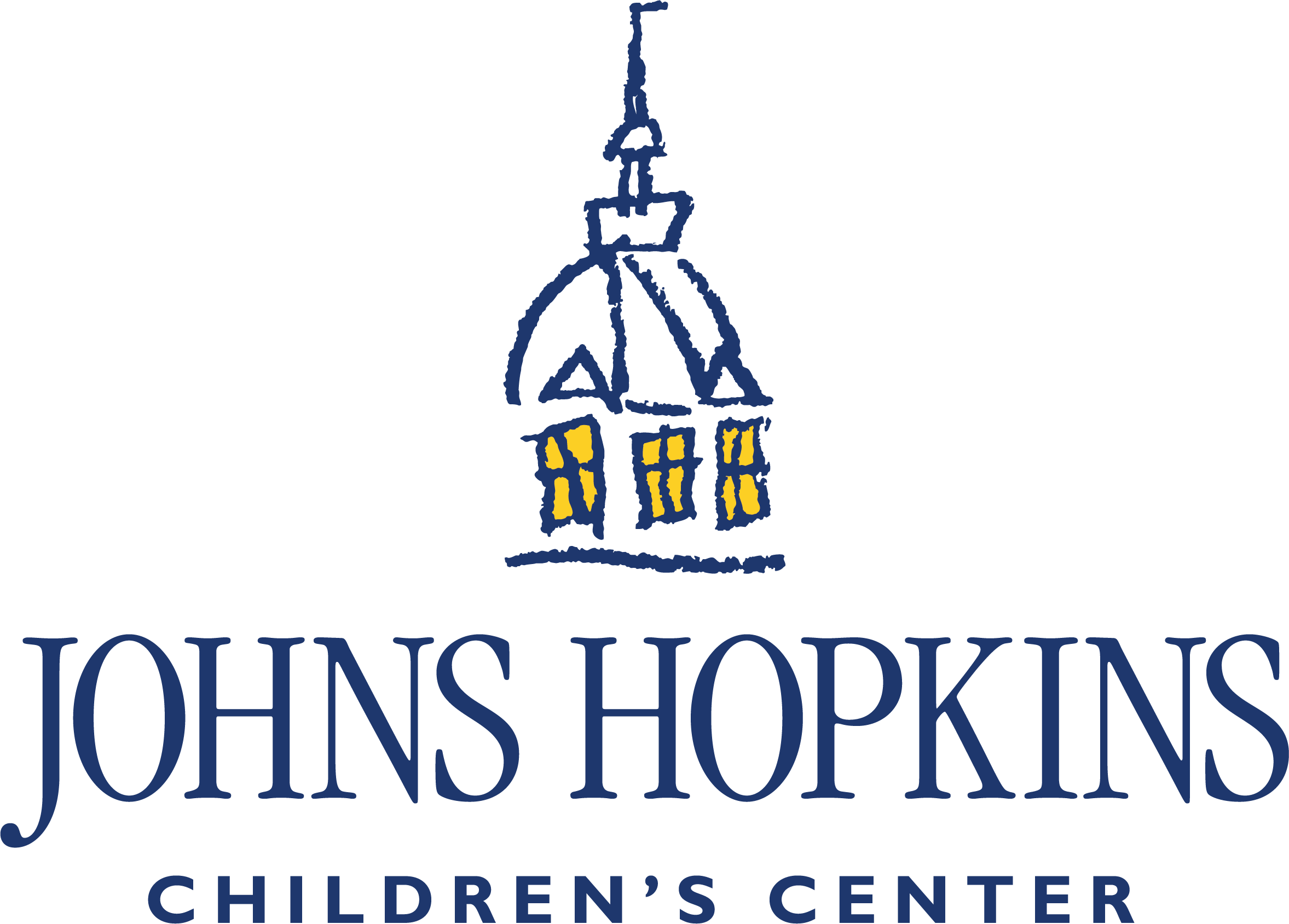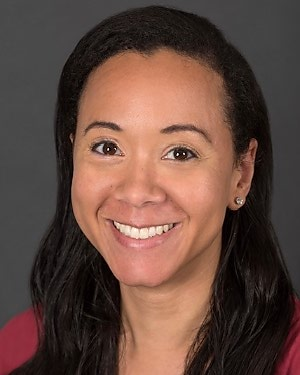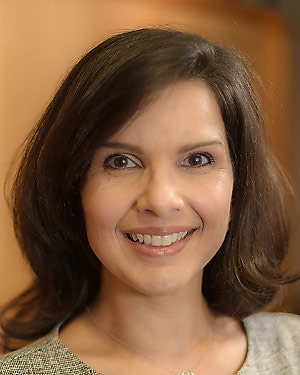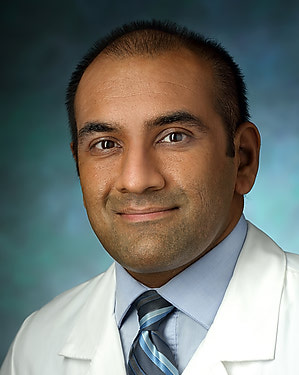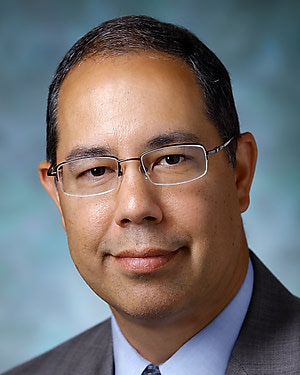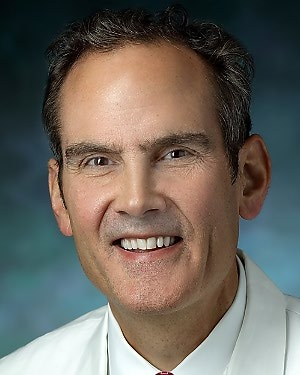Pediatric Cardiomyopathy Program

If your child has been diagnosed with cardiomyopathy, they can receive comprehensive care from the Pediatric Cardiomyopathy Program at the Blalock-Taussig-Thomas Pediatric and Congenital Heart Center’s locations throughout Maryland. We provide high-quality cardiac care and management for children of all ages.
Our program is recognized as a Center of Care by the Children’s Cardiomyopathy Foundation.
The Children’s Cardiomyopathy Foundation’s Cardiomyopathy Centers of Care Program recognizes medical centers with expertise in pediatric cardiomyopathy. A hospital that is a recognized Center of Care provides high-quality cardiac care and specialized disease management to children with cardiomyopathy.
Contact Us
Schedule an Appointment
International Patients
Prepare for Your Child's Visit
What to Expect
When you bring your child to the Pediatric Cardiomyopathy Program, we will perform a physical exam and review family history. We may also perform tests necessary to meet your child’s unique needs. These tests may include:
- Blood tests
- Cardiac MRI
- Cardiac catheterization and biopsy
- Echocardiogram (Echo)
- Electrocardiogram (EKG)
If there is a family history of sudden cardiac death or cardiomyopathy, we may also perform genetic testing.
Pediatric Cardiomyopathy Treatment at Johns Hopkins Children's Center
At the Pediatric Cardiomyopathy Program, the treatment plan for cardiomyopathy depends largely on the type and severity of your child’s condition. Many children with cardiomyopathy receive medication to improve heart function. However, in certain cases, it may cause the heart to get weaker, which has the potential to lead to heart failure. In such cases, we’ll work with the Children’s Advanced Heart Therapy team, which includes pediatric cardiologists, cardiothoracic surgeons, nurse practitioners, nurses and transplant coordinators.
If there is a possibility of heart failure, some pediatric cardiomyopathy patients may require a ventricular assist device (VAD). This medical device supports heart function and maintains blood flow to your child’s organs until a heart transplant is possible. These devices are increasingly used in both pediatric and adolescent patients as a bridge to heart transplant. For older children, a VAD may allow them to return home while waiting for a heart transplant.
Some patients may require a biventricular pacemaker, an implantable device that corrects irregular heart rhythms and resynchronizes the heart. This device can improve the heart’s ability to pump blood and improve overall heart function. Our team can determine whether a biventricular pacemaker could benefit your child.
Meet Our Team
Why Choose Johns Hopkins Children’s Center for Treatment of Cardiomyopathy?
Multidisciplinary Team
Our multidisciplinary team combines education and medicine, helping you manage your child's cardiomyopathy diagnosis.
Comprehensive Care
We provide a full spectrum of care, drastically improving your child's quality of life.
Advanced Research
Our cutting-edge research has led to innovative treatments for managing pediatric cardiomyopathy.

